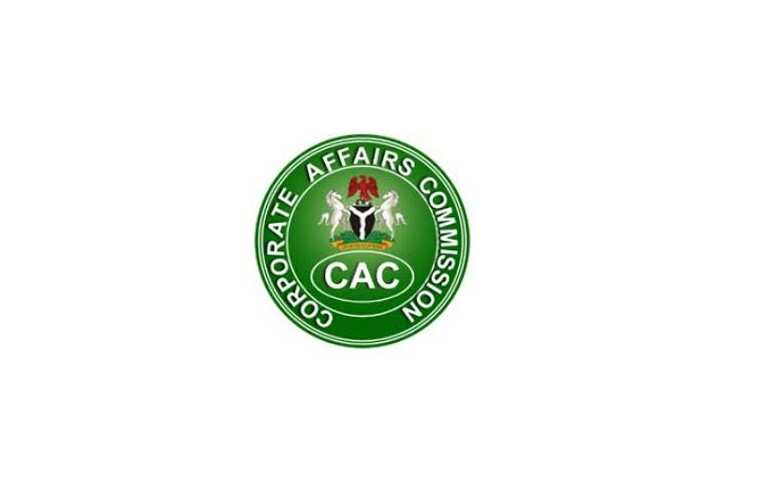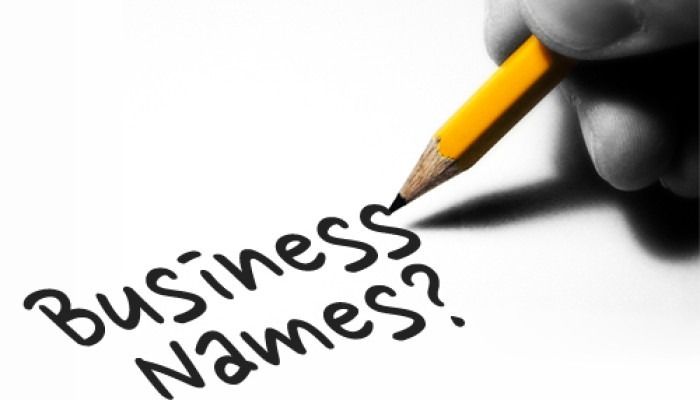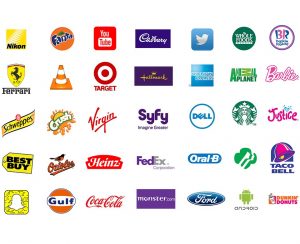CAC, BN, LTD — which one is actually right for you?
You’ve started the hustle. Money is trickling in. People are asking, “Are you registered?”
Then you hit CAC’s website and boom — confusion galore.
BN? LTD? NGO? PLC? What are all these letters?
Relax. You’re not alone. Here’s the real gist — without legalese overload — so you can register smart and build properly.
First, What Does CAC Even Do?

The Corporate Affairs Commission (CAC) is Nigeria’s official body for business registration.
If your business isn’t registered with CAC, you’re technically not a real business in the eyes of the government, banks, or most serious clients.
Business Structure Breakdown
1. BN — Business Name

(Aka sole proprietorship or partnership)
Perfect for:
- Solo hustlers, freelancers, small vendors
- People testing an idea before going full corporate
Pros:
✅ Cheapest and fastest to register
✅ Easy to run — less paperwork
✅ Still gives you a legal identity (useful for opening business accounts)
Cons:
❌ No separation between you and the business — you’re personally liable
❌ Less credibility with corporate clients or investors
❌ Harder to scale or bring on co-founders
Best for: Side hustles, service-based freelancers, first-time entrepreneurs.
2. LTD — Limited Liability Company

Perfect for:
- Founders with big plans
- Tech startups, product-based businesses, anyone seeking investment or funding
Pros:
✅ Legal separation — your personal assets are protected
✅ Higher trust with banks, partners, and investors
✅ Easier to raise funds or bring on co-founders
✅ You can scale and operate formally (even hire staff, sign contracts, etc.)
Cons:
❌ More expensive and slightly more complex to register
❌ More compliance (e.g. filing annual returns, proper accounting)
❌ You’ll need at least 1 director and 1 shareholder (can be the same person, though)
Best for: Growth-stage businesses, startups, founders with long-term goals.
3. INC — Incorporated Trustee (NGO, Foundation, Church, etc.)

Perfect for:
- Charities, non-profits, community-based organisations
Pros:
✅ Gives you legal status for donations and grants
✅ You can open a corporate bank account
✅ You’re seen as a serious, legitimate NGO
Cons:
❌ Not for-profit — no dividends to members
❌ More legal work and scrutiny
❌ Slower to register and more expensive
Best for: Non-profits, social impact orgs, churches, associations.
💼 LTD vs BN: Which Should You Pick?
| Question | Go BN If… | Go LTD If… |
|---|---|---|
| You’re testing an idea | ✅ Yes | ❌ Not yet |
| You want to raise money or attract investors | ❌ Not ideal | ✅ Do it |
| You want to protect your personal assets | ❌ Nope | ✅ Yes |
| You need quick registration on a budget | ✅ BN is cheap | ❌ LTD costs more |
| You’re building with a team | ❌ Messy | ✅ Proper structure |
What Does It Cost to Register?

| Structure | Approx. CAC Cost |
|---|---|
| BN | ₦10,000–₦15,000+ |
| LTD | ₦25,000–₦60,000+ depending on share capital |
| NGO | ₦70,000–₦150,000+ (plus legal help) |
You can do it yourself on the CAC portal or use a legit CAC agent/lawyer to avoid stress.
✅ Bonus Tip: Register Early!
- Want a business bank account? You need CAC docs.
- Want to apply for grants? CAC.
- Want to sign contracts or invoice corporate clients? CAC.
Whether you’re slinging Ankara bags, coding SaaS apps, or running an NGO — your business structure shapes your future.
Start simple. Scale smart.
And don’t let all the legal acronyms stop you from owning your hustle properly.





